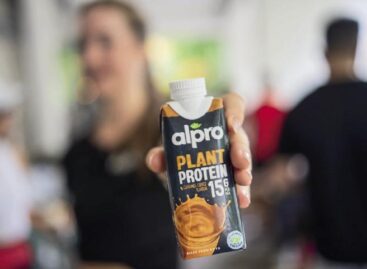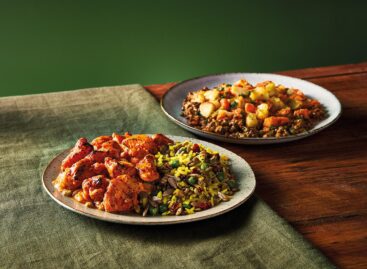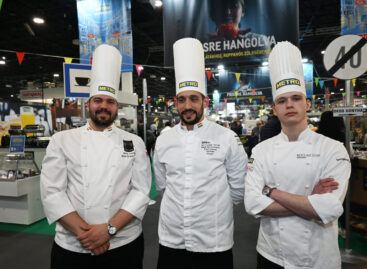Nestlé remains the world’s most valuable food brand, according to Brand Finance
Nestlé has led the global ranking of food brands for the seventh year in a row, despite the fact that its value decreased by 7 percent over the past year, to 20.8 billion dollars, according to the website of the British market research and business consulting company Brand Finance.

The Lay’s brand rose to second place in the ranking from third place last year, after its brand value rose by 9 percent to $12 billion. In third place was the Chinese brand Yili, whose value fell by 6 percent to 11.6 billion dollars.
With a brand value of $8.27 billion (-5.2 percent), the American Tyson rose to fourth place from fifth place, ahead of the French Danone, whose value decreased by 10.2 percent to $8.03 billion. American Quaker (+6.5 percent, $7.5 billion) and Kellogg’s (-16.3 percent, $6.1 billion), which took sixth and seventh place in the ranking this year, respectively, switched places from last year compared to
The Mars Wrigley brand rose from tenth to eighth (+7.5 percent, $6 billion), China’s Mengniu remained in ninth place (-11.1 percent, $5.4 billion), and the American brand Doritos was tenth rose from thirteenth place last year (+12 percent, to $4.6 billion).
Related news
High-protein products are taking over
🎧 Hallgasd a cikket: Lejátszás Szünet Folytatás Leállítás Nyelv: Auto…
Read more >New Nestlé Vital nutritional drink targets the rising demand for healthy-aging solutions
🎧 Hallgasd a cikket: Lejátszás Szünet Folytatás Leállítás Nyelv: Auto…
Read more >GLP 1: passing hype or a lasting trend?
🎧 Hallgasd a cikket: Lejátszás Szünet Folytatás Leállítás Nyelv: Auto…
Read more >Related news
KSH: retail turnover in January exceeded the same period of the previous year by 3.5 percent and the previous month by 0.5 percent
🎧 Hallgasd a cikket: Lejátszás Szünet Folytatás Leállítás Nyelv: Auto…
Read more >A magyar csapat március 15-én lép színpadra a Bocuse d’Or Európai Válogatóján
🎧 Hallgasd a cikket: Lejátszás Szünet Folytatás Leállítás Nyelv: Auto…
Read more >REGIO Játék: 25.4 billion forints in sales and international opening
🎧 Hallgasd a cikket: Lejátszás Szünet Folytatás Leállítás Nyelv: Auto…
Read more >








